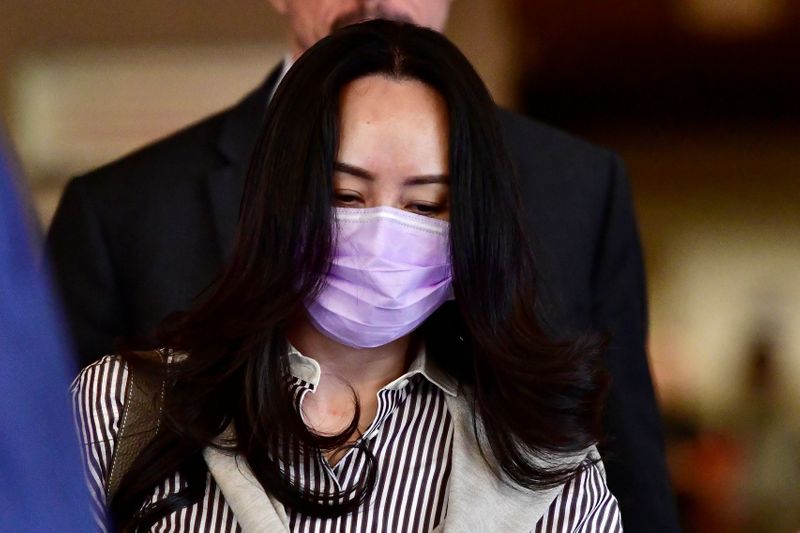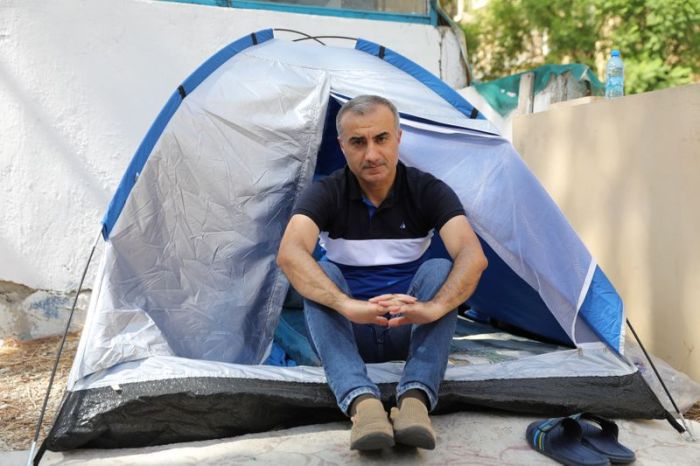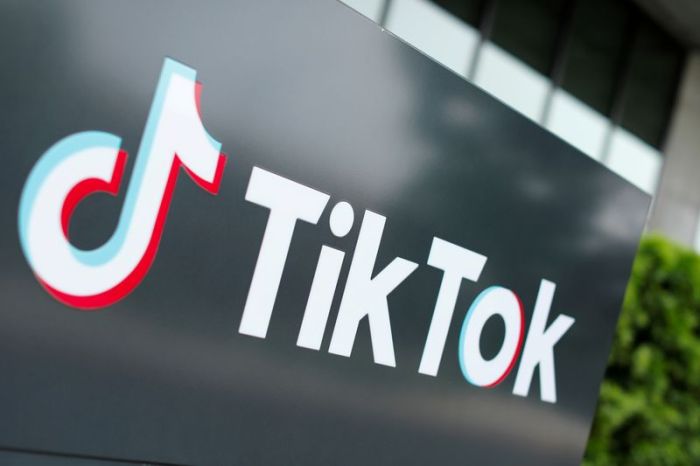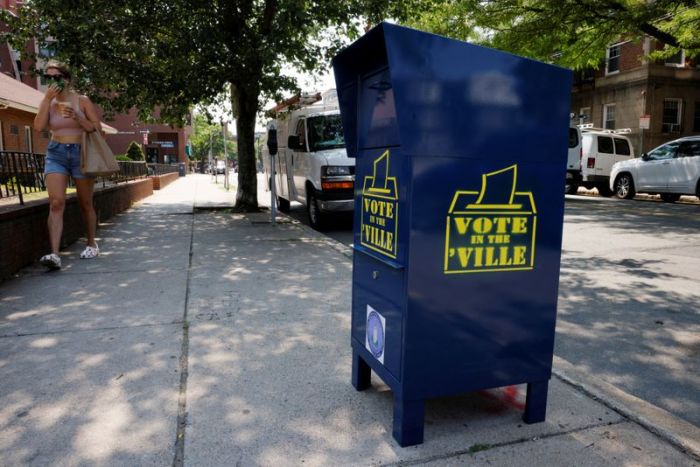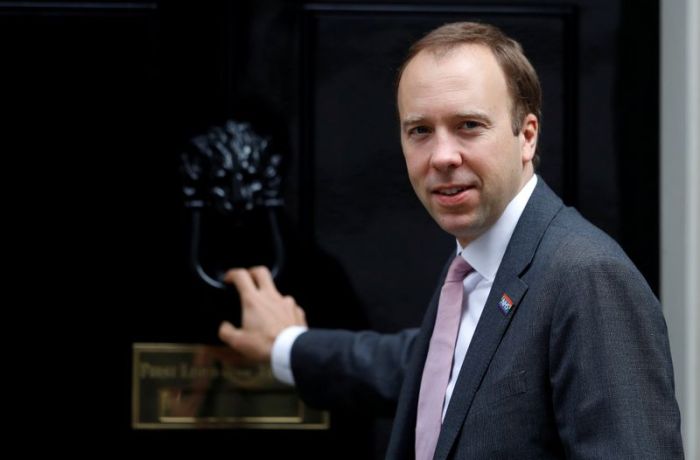VANCOUVER (Reuters) – Huawei Technologies Co Ltd [HWT.UL] Chief Financial Officer Meng Wanzhou returned to a Canadian court on Monday to fight extradition to the United States, with her lawyers arguing she only needed to show supporting evidence to add an allegation of U.S. abuse of process to the case.
The so-called Vukelich hearings are expected to run to Wednesday and will help the judge decide whether there is an “air of reality,” or possibility that Meng’s accusations are valid, and allow the defense to argue the additional allegation.
Meng, 48, was arrested in December 2018 on a warrant from the United States charging her with bank fraud for misleading HSBC about Huawei’s business dealings in Iran and causing the bank to break U.S. sanctions law.
The daughter of billionaire Huawei founder Ren Zhengfei, Meng has said she is innocent and is fighting extradition from her house arrest in Vancouver.
Scott Fenton, a lawyer for Meng, said in court that the hearing was not intended to be a “detailed examination” of the allegation, only whether there was a “realistic possibility” that it could be sustained.
Fenton said the “elephant in the room” was that Meng and Huawei had not lied and had instead given HSBC all the information needed to assess the risk, contrary to U.S. allegations.
Fenton argued a pattern of misconduct in how the United States represented Huawei’s communication to HSBC.
Huawei has long described Skycom Tech Co Ltd as a separate local business partner in Iran, but the U.S. indictment alleges Huawei controlled Skycom and used it to violate American sanctions.
“There is not a single shred of evidence (in the request for extradition) that Skycom or Huawei were involved in any prohibited activity in terms of the actual commerce in Iran,” Fenton said.
Prosecutors representing the Canadian government will make their arguments on Tuesday.
‘RECKLESS ERROR’
The arrest has strained China’s relations with the United States and Canada. Soon after Meng’s detention, China arrested Canadian citizens Michael Spavor and Michael Kovrig, charging them with espionage.
In previously submitted court documents, Huawei lawyers argued that the U.S. extradition request was flawed because it omitted key evidence showing Meng did not lie to HSBC about Huawei’s business in Iran.
They used a PowerPoint presentation to show HSBC knew the extent of Huawei’s business dealings in Iran, which they say the United States did not accurately portray in its extradition request to Canada.
Meng’s lawyers argue that the case the United States submitted to Canada is “so replete with intentional and reckless error” that it violates her rights.
Ultimately, Fenton said they would ask for a stay of the extradition or an exclusion of evidence they argue is misleading, although he emphasized that would come later should the judge approve their request.
Vukelich hearings are rare in extradition cases, said Gary Botting, an extradition lawyer based in Vancouver, although he added it was not surprising given the complexity of Meng’s case.
The defense’s success “depends entirely on the nature of the evidence … and whether or not there is any substance to their allegations,” Botting added.
Meng’s extradition trial is set to wrap up in April 2021, although if either side appeals the case, it could drag on for years through the Canadian justice system.
(Reporting by Moira Warburton in Vancouver; Additional reporting by Tessa Vikander in Vancouver; Editing by Denny Thomas, Richard Chang and Peter Cooney)

